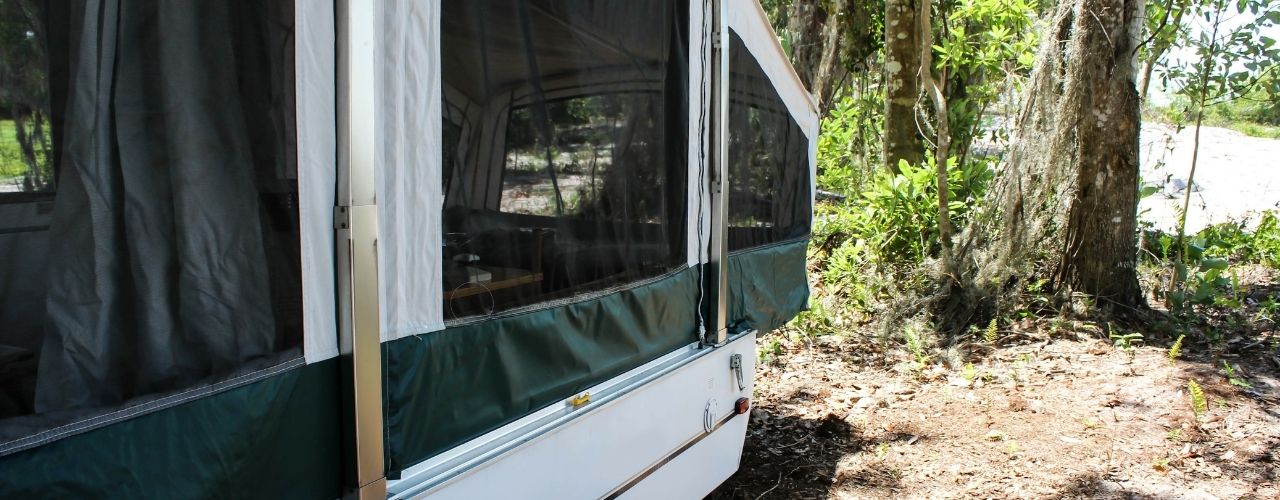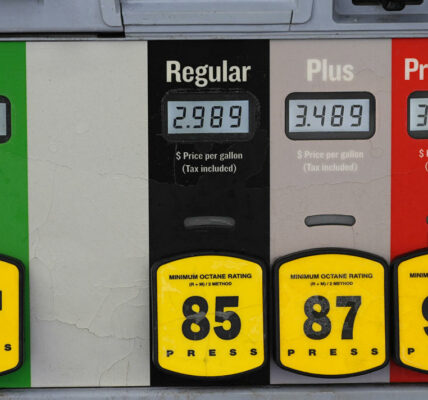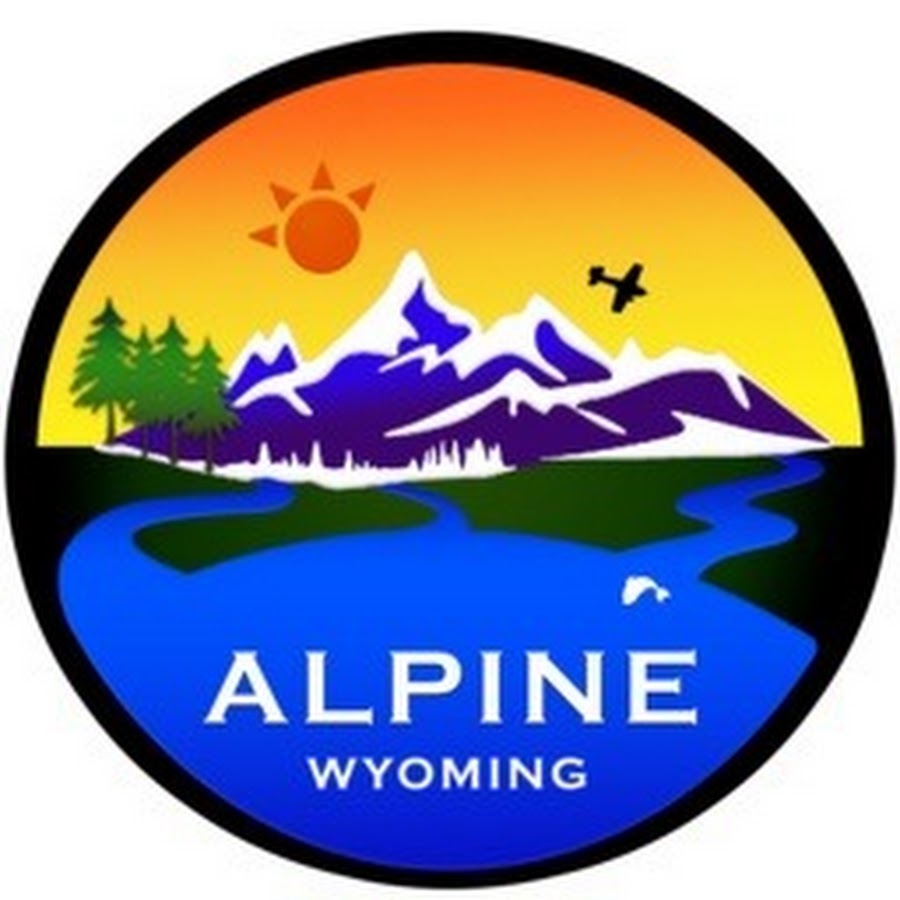Summer is upon us, and with it, the opportunity to get away from urban bustle or suburban ennui for some much-needed time in the great outdoors. But maybe the allure of living in a polyester tent for a week has lost its luster. You’re ready to graduate to slightly more luxurious accommodations, and you’ve explored purchasing a pop-up camper as your outdoor dwelling of choice. While this is certainly simpler than shelling out for a motor home or recreational vehicle, these collapsible campers still require some smart shopping. Before you sign the papers or swipe the card, learn what you should know before buying a pop-up camper.
Know What Your Vehicle Can Tow
While pop-up campers offer a cost-effective alternative to loading up a full-sized gas-guzzling RV, that means that much of the burden shifts to your own vehicle, and it must be up to the task. Find out your vehicle’s towing capacity before you hitch your new camper to your ride. This is a particularly important precaution to take with Jeeps, which are practically made for off-road driving but may not necessarily have the high towing capacity that a vehicle hauling a camper will need. Don’t just measure the weight of the camper—account for additional gear and gadgets that will make their way into the unit.
The Heat Is On
Opting for a pop-up over a full RV does pose drawbacks. Unfortunately, there’s no room for central air conditioning. That means that once you reach your campsite, you’ll have to find some shade—and that still may not be enough. The metal construction of a pop-up camper means that the mercury can really climb. Leave room for portable fans or be prepared to sweat.
Buy Used Units With Care
You’ll find lots of tantalizing bargains on the pre-owned market. Just make sure that these deals aren’t too good to be true. Give these used campers a thorough assessment before you buy. Pay close attention to:
- The quality of the awnings: Are they just showing wear or are there tears?
- Rust spots: Are these merely cosmetic, or do they threaten the structural integrity?
- Dents: Are these cosmetic issues, or do they affect how the camper opens and collapses?
- The camper’s interior: What condition are the floor and ceiling in?
This checklist covers much of what you should know before buying a pop-up camper from a third party. While it may not be an RV, it still represents a big investment with a bright future—don’t let potentially manipulated photos lead you down a wayward path.





